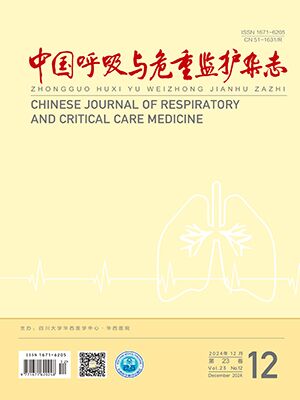Objective To evaluate the subjective outcomes of sleepiness behavior and mood status applying continuous positive airway pressure(CPAP) in adults of elderly and middle-aged with obstructive sleep apnea syndrome(OSAS). Methods Nine randomized controlled trails comparing nocturnal CPAP with inactive control appliances in adults with OSAS with the use of computerized search in related medical databases(MEDLINE,EMBASE,CBMdisk,etc) were included.The quality of literature was reviewed,and all data were extracted by two reviewers independently.Meta analysis was conducted used RevMan 4.2 software.Results 9 RCT involving 665 patients of elderly and middle-aged met the inclusion criteria.Meta analysis indicated that the score of Epworth sleepiness scale(ESS) and general health questionnaire-28(GHQ-28) declined significantly after CPAP treatment on effectiveness with WMD(random) -2.94,95 %CI -4.68 to -1.20,or WMD(fixed) -2.26,95 %CI -3.79 to -0.72,P lt;0.01.Nevertheless,hospital anxiety and depression scale(HADS) was not significantly different between CPAP and control with WMD(random) -0.89,95%CI -1.98 to 0.20,P gt;0.05.Conclusion Current clinical evidence suggested that CPAP was effective in improving day-time subjective outcomes of sleepiness behavior and general mental health status in OSAS patients of elderly and middle-aged,although evidence of improving emotion disorder of anxiety and depression was not confirmed.
Citation: DONG Huanji,GUO Xuejun,XU Weiguo,LUO Yong,XU Xiaoxin. Meta-analysis of continuous positive airway pressure for obstructive sleep apnea syndrome patients in subjective outcomes of sleepiness behavior and mood status. Chinese Journal of Respiratory and Critical Care Medicine, 2008, 08(5): 376-382. doi: Copy
Copyright © the editorial department of Chinese Journal of Respiratory and Critical Care Medicine of West China Medical Publisher. All rights reserved
-
Previous Article
Testing Treatments –– Better Research for Better Healthcare




